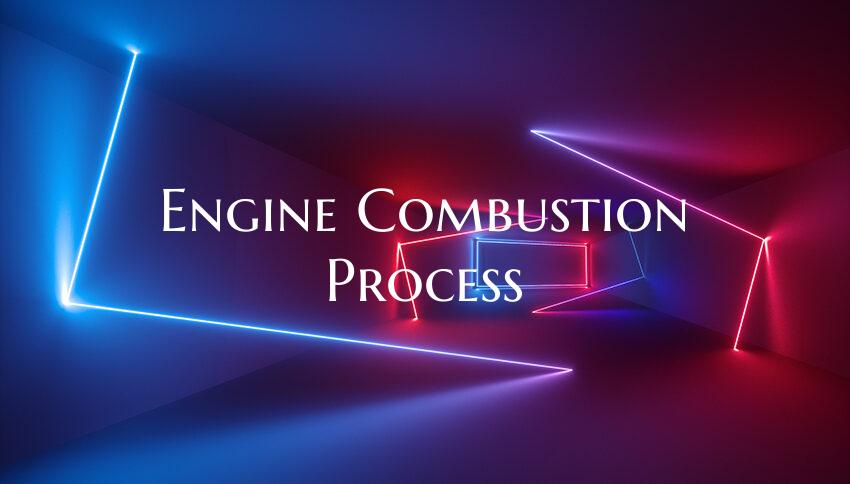Engine Combustion Process
The engine combustion process is at the heart of internal combustion engines, powering various vehicles and machines worldwide. This intricate process involves converting the energy stored in fuel into mechanical energy, which propels the vehicle forward. Understanding the essential steps and factors involved in the combustion process is crucial for optimizing engine performance and efficiency.
1. Air Intake: The process begins with the intake stroke, where the engine draws in air through the intake valve. The air mixes with the fuel vapor in the combustion chamber to create a combustible mixture.
2. Compression: During the compression stroke, the piston compresses the air-fuel mixture, raising its temperature and pressure. This compression is essential for ensuring efficient combustion.
3. Ignition: The spark plug generates a spark that ignites the compressed air-fuel mixture. This ignition initiates the combustion process, leading to a rapid release of energy in the form of heat and expanding gases.
4. Combustion: As the fuel ignites, it burns rapidly, producing a high-pressure mixture of hot gases. This rapid expansion of gases forces the piston down, driving the crankshaft and creating mechanical energy.
5. Exhaust: The exhaust stroke expels the spent gases from the combustion chamber through the exhaust valve. This paves the way for the cycle to start anew with the intake of fresh air for the next combustion process.
Factors Affecting Combustion Process: - Air-Fuel Ratio: The ideal air-fuel ratio is crucial for efficient combustion. A balanced mixture ensures complete combustion and optimal engine performance. - Ignition Timing: Timing the ignition correctly is essential for maximizing power output and fuel efficiency. Improper timing can lead to engine knock or reduced performance. - Fuel Quality: The quality of the fuel used can significantly impact the combustion process. Higher-quality fuels with better combustion properties can enhance engine efficiency. - Engine Design: The design of the combustion chamber, piston, valves, and other engine components plays a vital role in determining the combustion process efficiency.
Optimizing the engine combustion process is essential for achieving better performance, fuel efficiency, and reduced emissions. By understanding the fundamental principles and factors influencing combustion, engineers can design engines that deliver the desired power output while meeting environmental regulations. Continued research and technological advancements are key to further improving the engine combustion process for a more sustainable and energy-efficient future.

